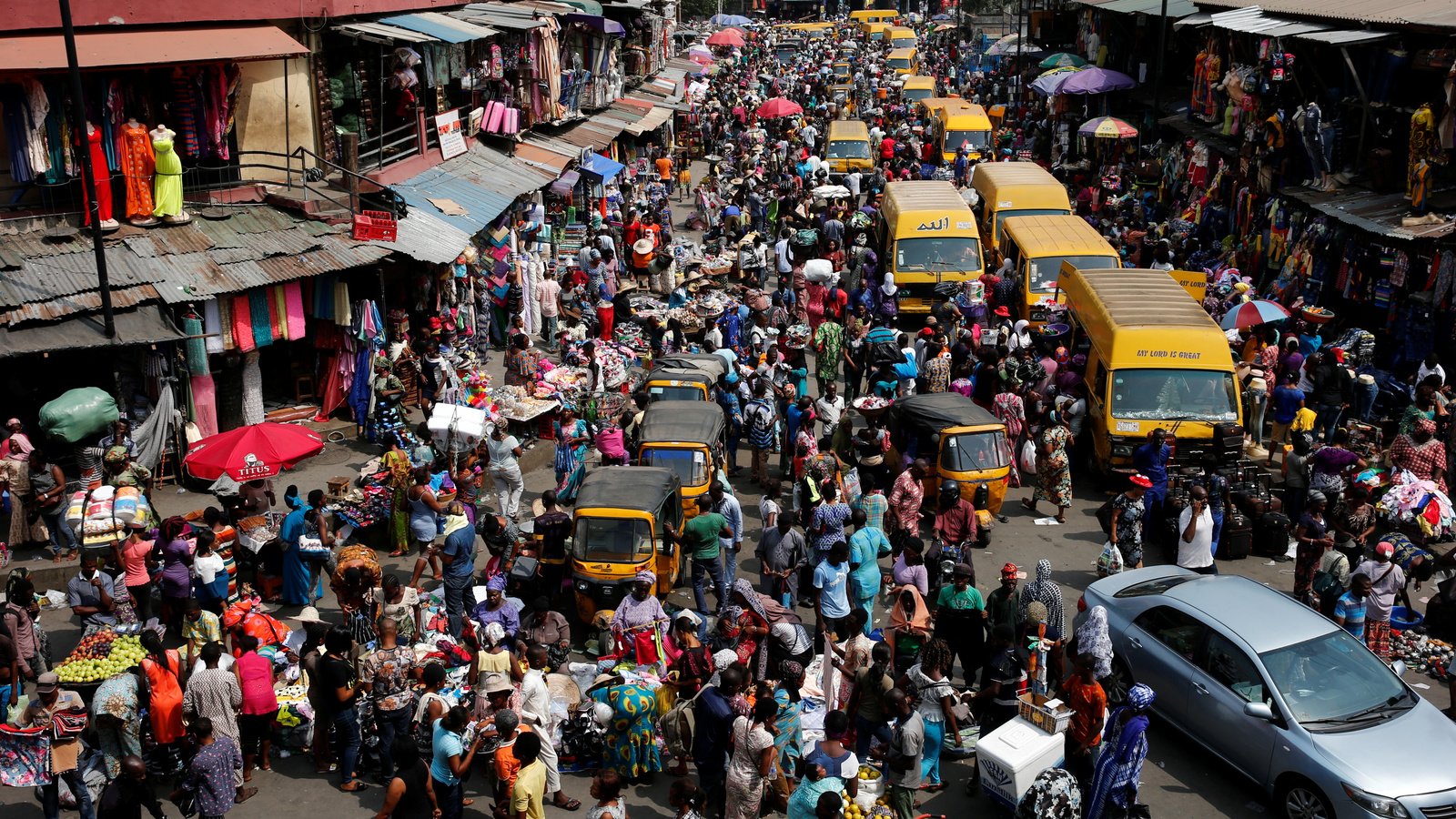NEWS
Nigeria leaves recession with 0.11% growth

The economy of Nigeria is reported to have grown by 0.11 percent in the fourth of 2020 after two consecutive quarters of negative growth which result in a recession.
“Nigeria’s gross domestic product (GDP) grew by 0.11 percent (year-on-year) in real terms in the fourth quarter of 2020, representing the first positive quarterly growth in the last three quarters,” the report read.
“Though weak, the positive growth reflects the gradual return of economic activities following the easing of restricted movements and limited local and international commercial activities in the preceding quarters.
“As a result, while the Q4 2020 growth rate was lower than growth rate recorded the previous year by –2.44 percentage points, it was higher by 3.74 percentage points compared to Q3 2020.
“On a quarter on quarter basis, real GDP growth was 9.68 percent indicating a second positive consecutive quarter on quarter real growth rate in 2020 after two negative quarters.
“Overall, in 2020, the annual growth of real GDP was estimated at –1.92 percent, a decline of –4.20 percentage points when compared to the 2.27 percent recorded in 2019.”
An average daily oil production of 1.56 million barrels per day (mbpd) was recorded in the fourth quarter of 2020; 0.11mbpd lower than the production recorded in the third quarter.
On a year-on-year basis, the oil sector grew by -19.76 percent.
In 2020, the oil sector grew at –8.89 percent compared to 4.59 percent in 2019.
The oil sector contributed 5.87 percent to total real GDP in Q4 2020.
The non-oil sector grew by 1.69 percent in real terms in Q4 2020, slower than the 2.26 percent recorded in the corresponding quarter of 2019, but better than the –2.51% growth rate recorded in Q3 2020.
For the full year of 2020 however, the non-oil sector grew –1.25 percent compared to 2.06 percent in 2019.
In real terms, the non-oil sector contributed 94.13 percent to the nation’s GDP in the fourth quarter of 2020, higher than the share recorded in the fourth quarter of 2019 (92.68 percent) and the third quarter of 2020 (91.27 percent).
For 2020, the non-oil sector contributed 91.84 percent to real GDP, higher than 91.22 percent recorded in 2019.
How could a recession affect you?
Slowed economic growth or a decline affects a country and citizens badly. It translates to shortage of money, lack and loss of jobs, and could see companies cutting salaries.
Revenue shortage can stall public services and projects as budget financing by the government becomes a problem. This could affect any sector from health to education to security.
What can the government do?
Countries generally approach economic problems like recession using monetary and fiscal measures.
The central bank uses monetary policies to control the quantity and supply of money in the economy with implications for growth, inflation, consumption and liquidity.
The CBN can modify the interest rate, buy or sell government bonds, regulate foreign exchange rates, and change the amount of money banks should maintain as reserves.
If economic growth is slow or very poor (during recession), the CBN can expand economic activities by lowering interest rates and promoting spending.









